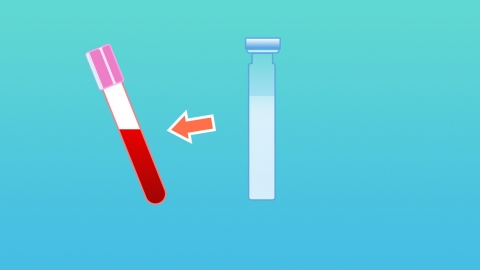How much blood is required to contract HIV?
Generally, there is no accurate data regarding the exact volume of blood required to contract HIV, as infection is not solely determined by the amount of blood but also by the viral load. If you have concerns, it is recommended to seek timely medical advice. Detailed explanation is as follows:

Currently, there is no evidence to confirm the exact milliliter volume of blood that could transmit HIV, because transmission depends not only on the volume of blood but also on the human immunodeficiency virus (HIV) viral load within the blood. Generally, the higher the viral load, the greater the risk of transmission.
Presently, the human immunodeficiency virus is mainly transmitted through sexual contact, blood, and breastfeeding. If there has been any of the aforementioned high-risk behaviors with an infected individual, the risk of transmission is relatively high. Therefore, within a short period after potential exposure, it is important to follow medical advice and promptly take medications such as zidovudine capsules, didanosine enteric-coated capsules, and nevirapine capsules for prophylaxis.
In daily life, individuals should maintain good personal hygiene and practice safe sex to reduce the risk of infection. If high-risk behavior occurs, it is important to regularly monitor one's health condition and seek timely, targeted intervention upon noticing any abnormalities.





